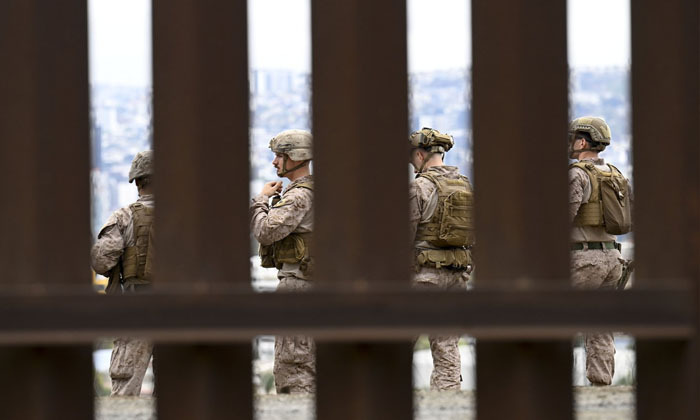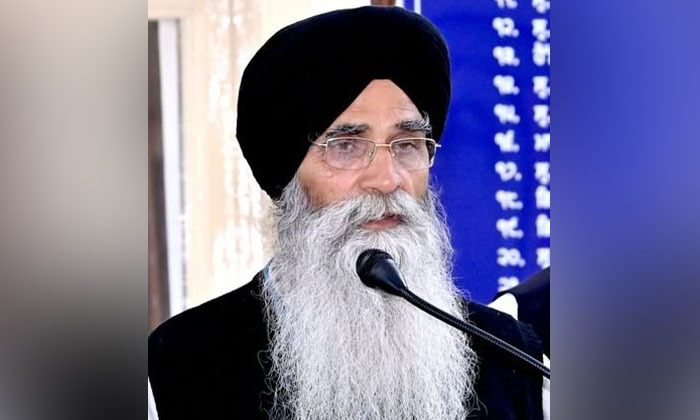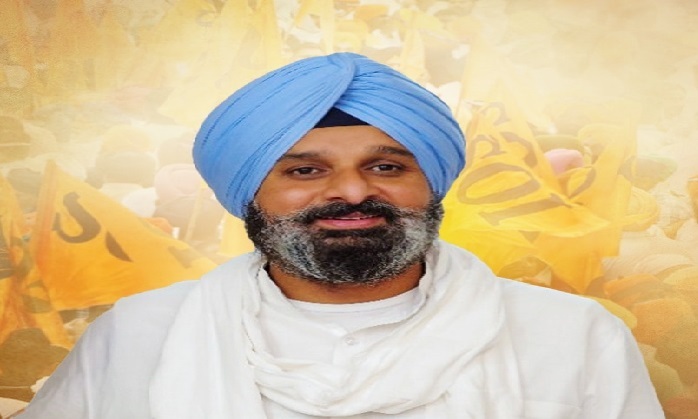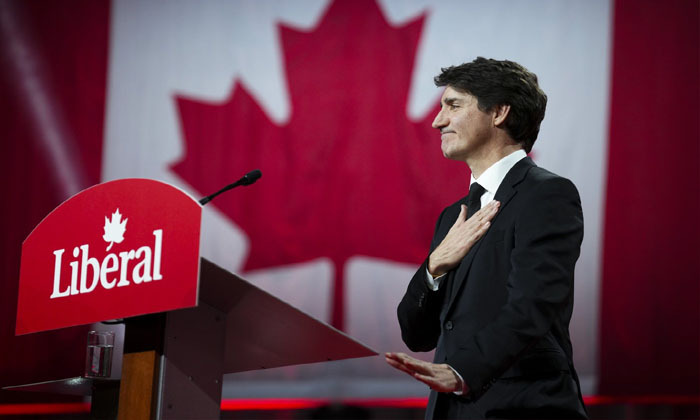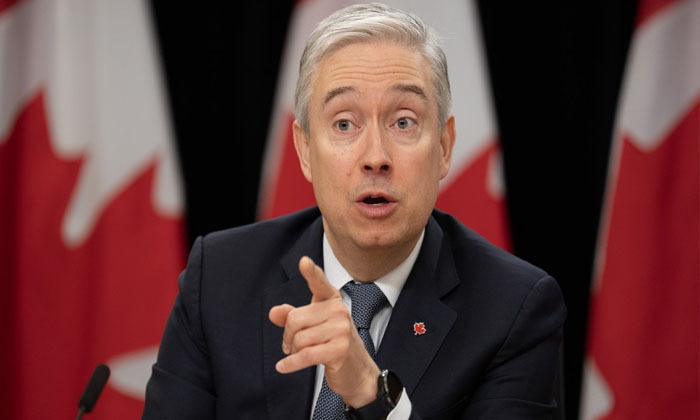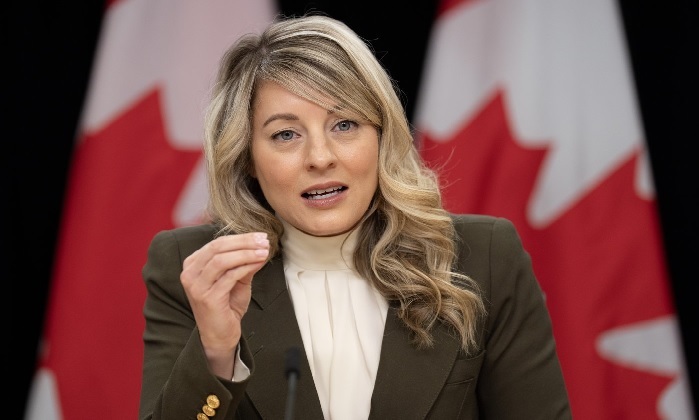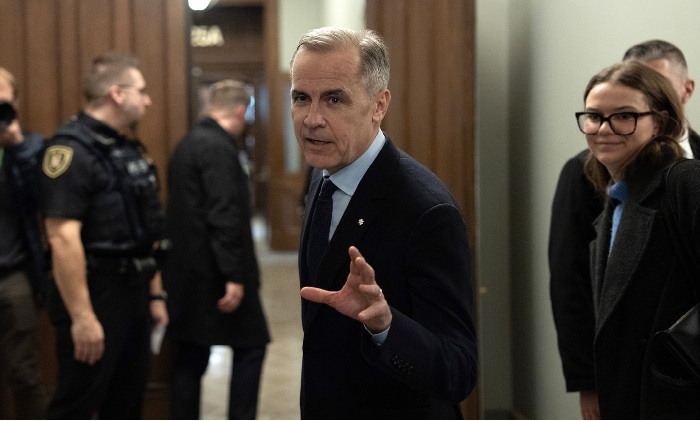101.7 FM
88.1HD2
 8.85 c
8.85 c101.7 FM
88.1HD2
Sonia Furstenau promises to build on progress of B.C. Greens with leadership bid
BY , Jan 28, 2020 2:57 PM - REPORT AN ERRORLAST UPDATED ON Apr 24, 2020 3:31 PM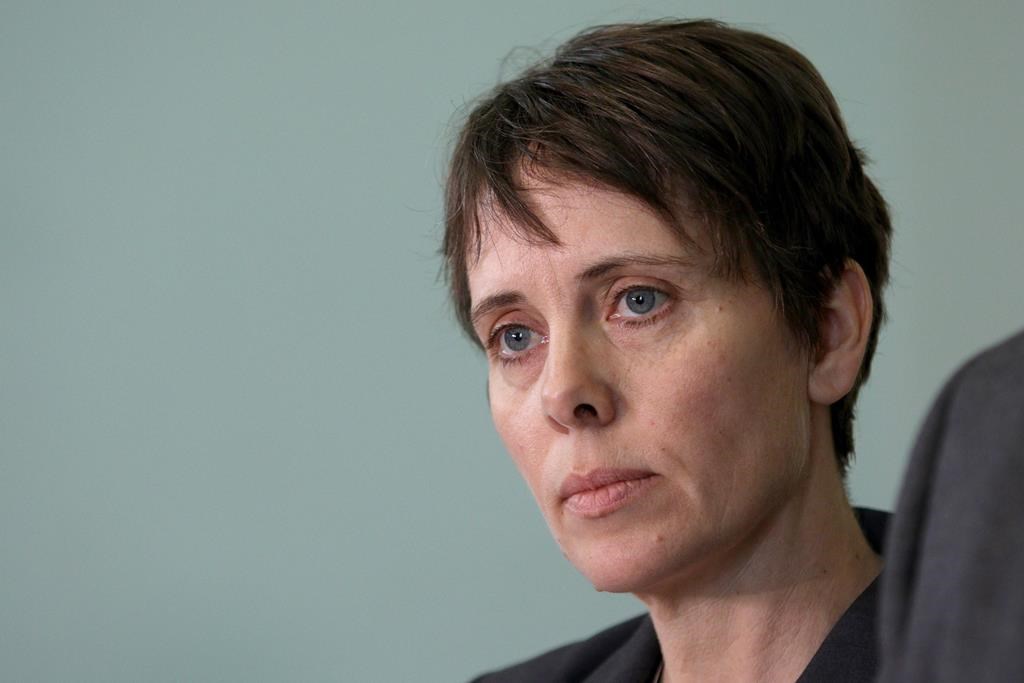
House leader Sonia Furstenau looks on as Mike Farnworth answers questions about the speaker situation and theMcLachlan report during a press conference at Legislature in Victoria, B.C., on Thursday, May 16, 2019. Furstenau, a Green member of the British Columbia legislature known for her fight against a contaminated-soil quarry in her community, has announced her bid for leadership of the party.THE CANADIAN PRESS/Chad Hipolito
Sonia Furstenau, a Green member of the British Columbia legislature known for her fight against a contaminated-soil quarry in her community, is running for the party's leadership.
Furstenau, who represents the Cowichan Valley riding on Vancouver Island, promised at a news conference Monday to build on her party's progress and set it up for another election breakthrough.
Former leader Andrew Weaver was the lone Green member of the legislature until Furstenau and Adam Olsen joined him following the 2017 election, marking a historic moment for the party.
The three-member caucus signed a deal to support an NDP minority government, allowing the Greens to secure commitments to fight climate change, campaign financing and a referendum on electoral reform.
Furstenau said the Greens have been behind major policy changes including strengthening oversight of resource industries, making the legislature more transparent and accountable, and banning big money from politics.
But she said the changes have just scratched the surface of what the Greens can achieve.
"For me, leadership isn't about being the loudest or the most dominant person in the room. It is about listening and creating a sense of engagement and belonging," she said.
Weaver announced last fall that he would step down as leader, saying it was "time to let another generation take the lead." Earlier this month, he left the party to sit as an Independent, citing health challenges affecting his family.
Olsen is serving as interim leader until the party holds its leadership contest in June.
Furstenau said she was drawn into politics during the successful fight against a provincial permit that allowed a company to store contaminated soil in a quarry in the Cowichan Valley, potentially affecting water quality.
"It was most certainly a turning point in my life. I had never had aspirations to be in politics but the injustice of what was happening in my community drove me to want to participate in solving the roots of these problems," she said.
Through that work, she said it became clear to her that there was a "major disconnect" between how decisions are made in Victoria and Ottawa and the effects those decisions have on communities.
She blamed the former B.C. Liberal government for a "string of bad decisions" but also took aim at the NDP.
She said Premier John Horgan's government continues to claim B.C. has a strong economy while one in five children live in poverty, the forestry industry is in crisis and urban employers have worker shortages because of unaffordable housing.
"We could do so much better," she said.
Furstenau said she's spoken with dozens of enthusiastic future candidates who are eager to be "part of something new."
Share on
Related News
Sign up for the newsletter
We'll deliver best of entertainment right into your inboxWe love to hear from our listeners, so feel free to send us message




